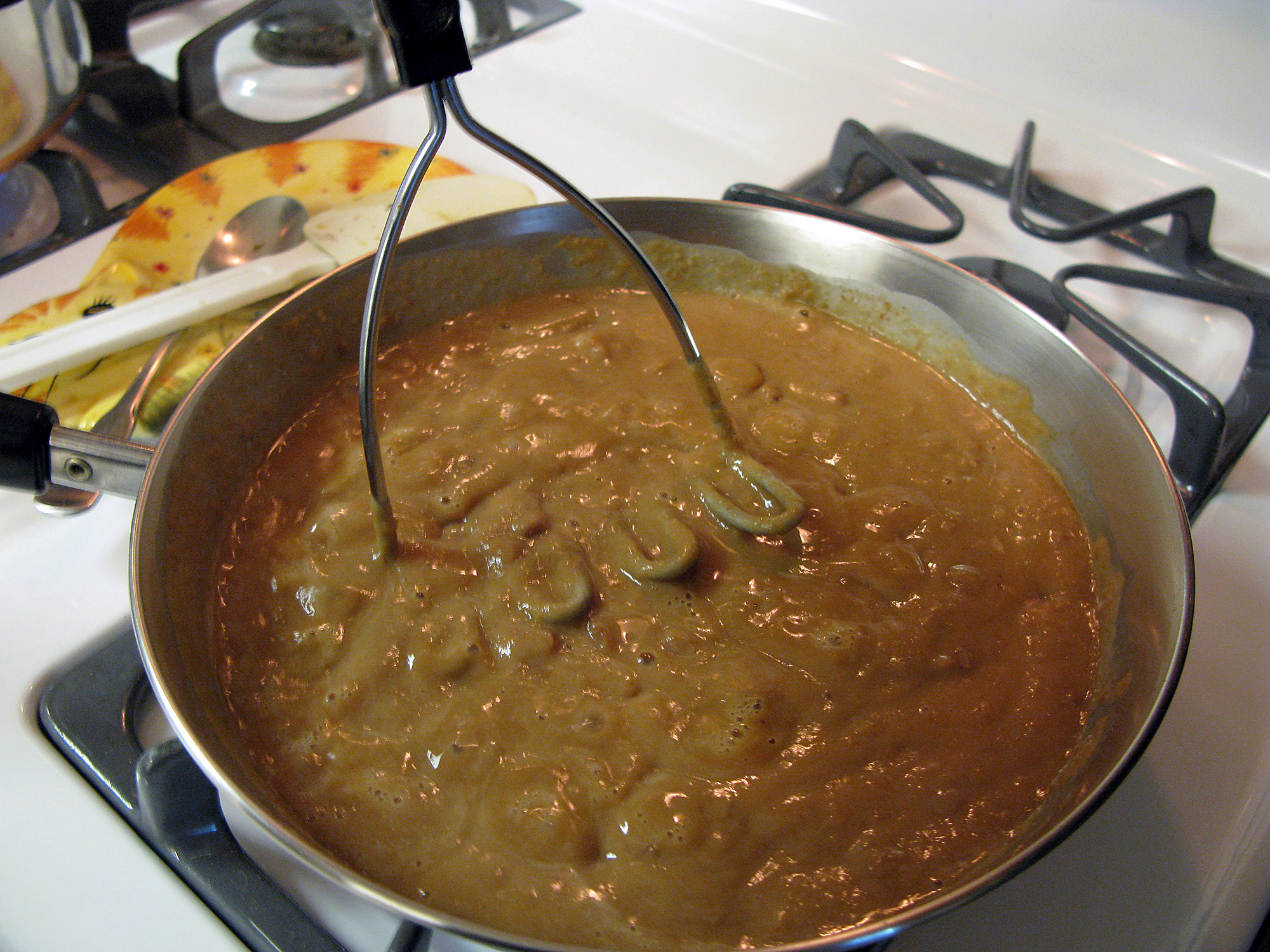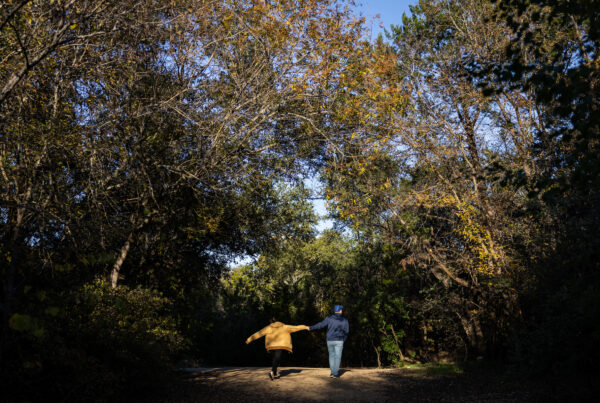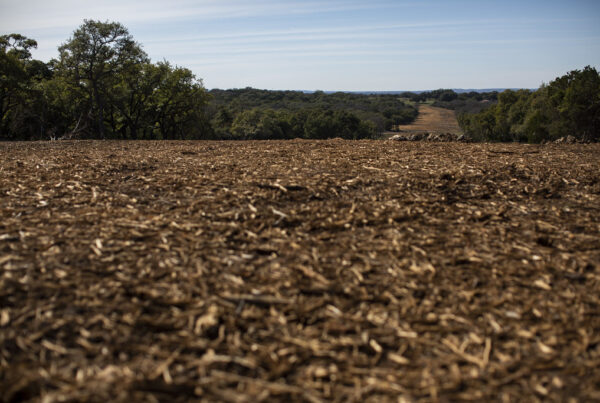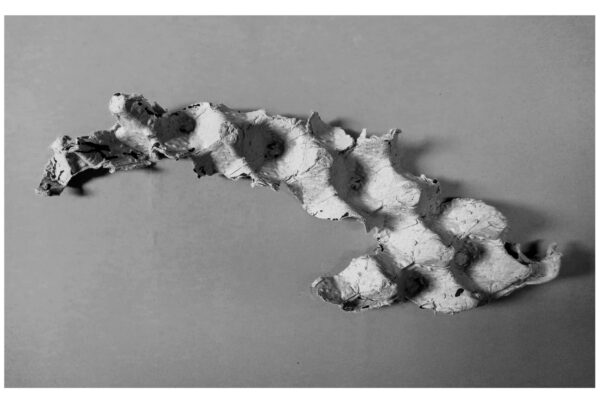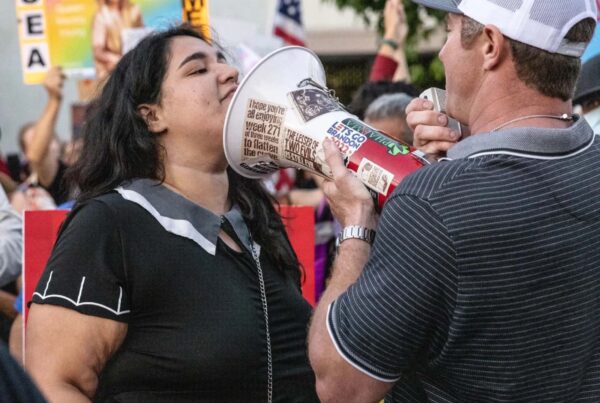When it comes to exploring the regions of food geographically, few places can boast of the unique local variety you’ll find like you do in Texas.
And though specifically Mexican food is steeped within Texas food culture, El Paso, with its proximity to New Mexico, does things a little different. Mando Rayo, taco journalist and host of the Tacos of Texas podcast, spoke with a few El Pasoans who are capturing their families’ food history.
This transcript has been edited lightly for clarity:
Texas Standard: As you well know, the City of El Paso shares two borders: You got Mexico and New Mexico. And as someone from El Paso yourself, would you say that’s a big factor that makes the food from the city so unique compared to even some border towns?
Mando Rayo: Oh, yeah, definitely. You know, it really is that border town flavors, the culture, everything, from the language we use – like when you agree with someone, you say “órale.” Or even using the nickname El Chuco or Chuco Town. That’s all part of the flavors of where you think of Texas, El Paso, Mexico, Juárez right there, and New Mexico as well. It’s a region, really. It’s a big mix of flavors.
Well, I know you spoke with an author and recipe developer who initially didn’t like cooking. Could you tell us about her?
Yeah, definitely. I talked to Yvette Marquez-Sharpnack, who is an original from El Paso. Sometimes when you’re born in a city and you’re inundated, having been told what to do and what to cook by your mother and your grandmother and all that, you kind of try to, like, distance yourself from it. But I think we all tend to come back to it. I think that’s what she did.
“Every time I would want to recreate a recipe, I would have to call my mom and be like, ‘Mom, how long do I cook the frijoles?’ Or ‘do I put onion?’ Or ‘do I need to put salt?’ It’s like nothing was ever written down,” Marquez-Sharpnack said.
“And my daughter at the time [who] was 8 years old, said ‘you really should write a cookbook and write these recipes down so that when I go to college’ and I was like, what a cute idea. I’m going to write my own little family cookbook.”
» GET MORE NEWS FROM AROUND THE STATE: Sign up for Texas Standard’s weekly newsletters
I understand you also spoke with the creator of the El Paso Food Voices archive, Meredith Abarca. Could you tell us a little bit about what Meredith told you?
Yeah. So Meredith and I actually connected through our participation through Texas Folklife, an initiative, and I was like, “oh, my gosh. They’re capturing stories just like us at Tacos of Texas.” And Meredith is really trying to capture those homemade stories.
It’s not the chefs. It’s the abuelas. You know, it’s the moms. It’s the tias. It’s the tios? And what are those food traditions that we actually need to, like those oral stories, that we need to capture?
“The intention has been to have three audiences in mind,” Abarca said. “One is the people themselves, and the families and friends. Two, the general audience who is interested to learn about culture and history and politics and economics through the daily ness of eating and how people negotiate that.
“And the third audience for me is food scholars, academics – either advanced or beginners – who are interested in challenging their own preconceptions of what food systems mean in people’s lives. Instead of me saying, well this is a food desert and people need this and that, let’s listen to what people actually do. And how that challenges me as an academic, to reconsider how people are creating culture, creating history, by the way they prepare a meal.”
You know, a theme of this episode is the importance of just writing family history down, archiving it on that micro level – the food stories of our families, I guess.
Yeah, yeah. No, I think it’s super important because oftentimes, if I’m going to try to replicate a recipe and I ask my mom or I ask my tia, they don’t write things down. It’s just like they do it by taste, you know what I mean? And by feeling.
Of course it goes beyond recipes, right? This is a way you memorialize culture.
Exactly. And now we have the technology to do it right, whether it’s our phones, video or audio. Because not every family has had the opportunity to write down their experiences, write down those recipes and why they did it that way.
So if you’re out there and you’re listening, write those stories down. Go talk to your family. What are those recipes that you love? Capture them.


